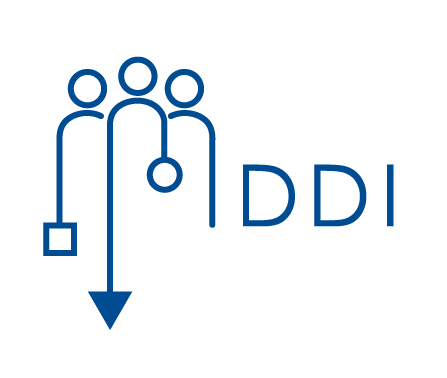Vorträge
What all teachers should know about Informatics - Keynote talk
- Autor(en):
- Brinda, T.
- Name der Veranstaltung:
- ISSEP 2022 - The 15th International Conference on Informatics in Schools - A step beyond digital education
- Ort:
- Vienna, Austria
- Datum:
- 26.09.2022
- Sprache:
- English
- Stichworte:
- Teacher competencies; digitalization-related competencies; Informatics competencies
- Präsentation:
- Download (5,22 MB)
Abstract
In recent years, the digital transformation of our everyday lives has increasingly led to a corresponding transformation in the education system to prepare students best possible for the digitalization-related requirements. During this process, numerous international, national, and federal competence frameworks were developed that describe which digitalization-related competencies students and teachers will need in the future. Many of these frameworks set priorities in the area of teaching and learning with digital media, but the role of dealing with digitization as a learning object and thus the role of computer science was also increasingly emphasized. The required anchoring of teaching and learning with and about digital technologies in all school subjects leads to the question of which competencies teachers will need for their work in the future across various recommendations in this area. At the University of Duisburg-Essen in Germany, a competence framework was developed as part of the work of an interdisciplinary working group, which wants to be understood as an attempt to integrate various existing frameworks and models in the broader field. A key sub-question is which computing competencies teachers need for their digitalization and profession-related activities. For this purpose, an approach is presented that was developed by a working group of the German Informatics association with the aim to delelop recommendations for computing education of non-computer science teachers. Closely related to this is the question of curricular anchoring in teacher education. For this purpose, the procedure and first results of a large joint project funded by the German Ministry of Education and Research are presented, in which a modular approach to computing education of non-computer science teachers was developed and tested with participants from all phases of teacher education.

